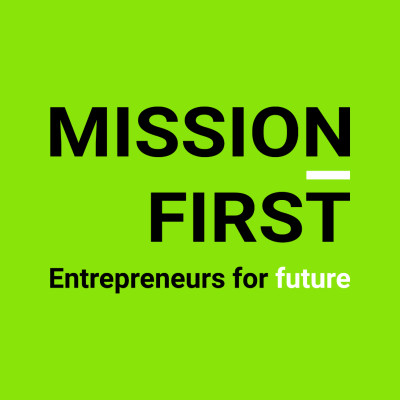
If you want hands-on advice
- on greentech and renewable entrepreneurship,
- on relentlessness and product development iterations,
- on how to build a business and a product for a specific market like schools,
- on how to grow your company with strategic partnerships,
this episode is for you!
Today I have the chance to talk to Robert Schrimpff.
Robert is a serial entrepreneur. He has been the founder, CEO, or director of six companies, mostly in the energy sector. He has a huge entrepreneurship and business exprience. In 2015 he took the bet to start a new company called Solar for Schools.
Solar for Schools provide solar energy to schools, as well as education on energy and sustainability to the kids of these schools. They already provide solar panels to over 150 schools in the UK and Germany. They have educated more than 77 000 kids on sustainability and how to cut carbon emissions with renewable energy.
Today you will learn:
- How Robert almost gave up this project, and what was the trigger with his neighbor and his daughter that convinced him to double the efforts to make it work
- How they adapted their strategy to win the trust of schools and their potential partners (councils, community energy groups,...) to be able to sell their solution to schools without being seen as a competitor
- How Robert tried 3 different methods of lead generation...two methods who failed and the third one that was successful
- How they set the financing, business, and legal models of the company to develop the projects in each country they operate, and to make sure it is attractive for all stakeholders (investors, schools, and Solar for Schools)
- How they grew their business with different types of partnerships (solar project developers, utilities, community energy groups, councils,...)
- Which strategy they used to develop a product that was really attractive for their audience, and how he positioned themselves in order to be attractive to the councils of schools, which initially see them as a competitor and didn’t really want to support them.
- Why Robert chose to make a for-profit company instead of a non-profit
- How to know when to give up or when to keep on iterating with your idea
- Why his experience in the solar sector made him decide to launch in two countries even though they were at an early stage, and how that strategy saved him from bankruptcy.
Hosted on Ausha. See ausha.co/privacy-policy for more information.